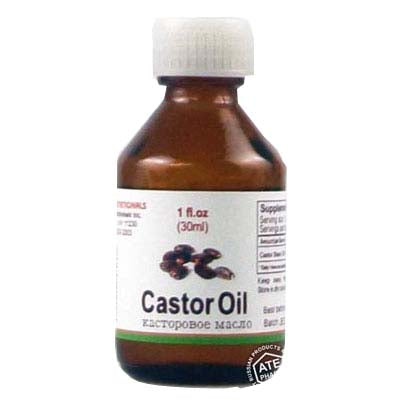Castor Oil in Medicine
Castor oil is a natural product obtained from the seeds of the castor tree plant. It is known for its many medicinal properties and is widely used in medicine due to its anti-inflammatory and antiseptic qualities. The use of castor oil in medicine is varied, including both internal and external use, making it a versatile remedy for treating various ailments.
Method of administration and dosage
Castor oil can be used in a variety of ways depending on the disease or condition:
- Internal use: To improve digestion and treat constipation, usually take 1-2 tablespoons of castor oil on an empty stomach. It is advisable to take the oil under the supervision of a doctor.
- External use: To treat inflammatory processes on the skin, castor oil is applied to the affected areas with light massage movements until completely absorbed 1-2 times a day.
Side effects
- Allergic skin reactions such as redness, rash or itching may occur.
- When taken internally, it may cause nausea, diarrhea, or stomach cramps.
If any adverse reactions occur, stop using castor oil immediately and consult a doctor.
Contraindications
- Pregnancy and lactation period.
- Intestinal obstruction or inflammatory bowel disease.
- Allergy to castor oil.
Before starting to use castor oil, it is recommended to consult a doctor to exclude possible contraindications.
Storage
Castor oil should be stored in a tightly closed container in a cool place, protected from direct sunlight, at a temperature of +5 to +25 °C. Keep out of reach of children.
Conclusion
Castor oil is an effective natural remedy with a wide range of medical applications. However, like any other remedy, castor oil requires careful use and prior consultation with a specialist. Proper use and adherence to recommended dosages help improve health and maintain overall well-being.

